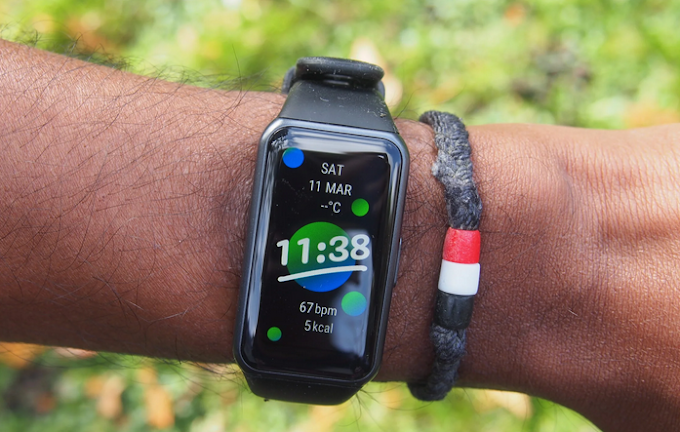A healthy digestive system is crucial for overall well-being. Your gut plays a vital role in absorbing nutrients, supporting your immune system, and maintaining mental health. Understanding which foods to eat and avoid can help you promote a healthy gut and improve your quality of life. Here's a comprehensive guide to gut health and the foods that can make a difference.
Why Gut Health Matters
The Importance of a Healthy Gut
Your gut is home to trillions of bacteria, collectively known as the gut microbiome. These microorganisms aid digestion, produce essential nutrients, and protect against harmful pathogens. A balanced gut microbiome is essential for:
- Efficient Digestion: Proper breakdown and absorption of nutrients.
- Immune Function: A significant portion of the immune system resides in the gut.
- Mental Health: The gut-brain axis connects digestive health to mood and cognitive function.
Foods to Eat for a Healthy Gut
1. Fiber-Rich Foods
Fiber is essential for healthy digestion. It adds bulk to your stool and promotes regular bowel movements.
- Whole Grains: Oats, quinoa, brown rice, and barley.
- Fruits and Vegetables: Apples, berries, carrots, broccoli, and leafy greens.
- Legumes: Beans, lentils, and chickpeas.
2. Fermented Foods
Fermented foods contain probiotics, which are beneficial bacteria that support gut health.
- Yogurt: Choose plain, unsweetened yogurt with live cultures.
- Kefir: A fermented milk drink rich in probiotics.
- Sauerkraut and Kimchi: Fermented cabbage dishes that boost gut flora.
- Miso and Tempeh: Fermented soy products with gut-friendly bacteria.
3. Prebiotic Foods
Prebiotics are types of fiber that feed the good bacteria in your gut.
- Garlic and Onions: Contain inulin, a powerful prebiotic.
- Bananas: High in fiber and prebiotic compounds.
- Asparagus and Leeks: Great sources of prebiotics.
4. Polyphenol-Rich Foods
Polyphenols are plant compounds that promote the growth of beneficial gut bacteria.
- Berries: Blueberries, strawberries, and raspberries.
- Green Tea: Rich in polyphenols and antioxidants.
- Dark Chocolate: Contains polyphenols that support gut health (enjoy in moderation).
Foods to Avoid for a Healthy Gut
1. Processed Foods
Processed foods often contain unhealthy fats, sugars, and additives that can disrupt gut health.
- Fast Food: High in trans fats and low in nutrients.
- Snack Foods: Chips, cookies, and sugary snacks.
- Processed Meats: Sausages, hot dogs, and deli meats.
2. Artificial Sweeteners
Artificial sweeteners can negatively impact gut bacteria and digestion.
- Aspartame and Sucralose: Found in diet sodas and sugar-free products.
- Saccharin: Common in low-calorie sweeteners.
3. High-Fat Foods
Excessive intake of unhealthy fats can lead to digestive issues and inflammation.
- Fried Foods: French fries, fried chicken, and other deep-fried items.
- Fatty Cuts of Meat: Opt for leaner cuts to avoid excess saturated fat.
4. Dairy Products (For Some People)
While dairy can be a good source of probiotics, it can cause issues for those who are lactose intolerant.
- Milk and Cheese: Can cause bloating and discomfort in sensitive individuals.
- Ice Cream: High in sugar and lactose.
Tips for Maintaining a Healthy Gut
1. Stay Hydrated
Drinking plenty of water supports digestion and helps maintain a healthy gut lining.
2. Eat a Balanced Diet
Include a variety of fruits, vegetables, whole grains, and lean proteins in your diet.
3. Manage Stress
Chronic stress can negatively affect gut health. Practice stress-relief techniques like meditation, yoga, or deep breathing.
4. Get Regular Exercise
Physical activity promotes regular bowel movements and overall digestive health.
5. Avoid Overuse of Antibiotics
Antibiotics can disrupt the balance of gut bacteria. Use them only when necessary and as prescribed by a healthcare professional.
Maintaining a healthy digestive system is essential for overall health. By incorporating gut-friendly foods into your diet and avoiding those that can cause harm, you can support a balanced gut microbiome. Remember, small changes can lead to significant improvements in your gut health and well-being.
Start making these changes today, and enjoy the benefits of a healthier gut!


.png)



0 Comments